
Radio Interview: “How to move away from the brink of war with Iran
“Iranians are dealing with the same everyday issues that we’re dealing with…They almost run into you because they are glued to their cell phones.” Executive Director Patrick Hiller spoke with Popular Resistance recently about rising tensions between the United States and Iran. One way to start de-escalating the conflict? “Start changing the narrative by humanizing … Read more

Article by WPI Program Manager Kelsey Coolidge published on Inkstick
In her piece “Where are the Women? Who are the Women?”, Kelsey Coolidge offers a casual but cutting response to Trump’s US National Strategy on Women, Peace, and Security.

War Prevention Initiative addresses town hall meeting on Iran with Congressman Blumenauer
War Prevention Initiative Executive Director Patrick Hiller addressed a town hall meeting convened by Congressman Earl Blumenauer on June 15, 2019. The American Iranian Friendship Council and Oregon Physicians for Social Responsibility sponsored the event. In his prepared remarks, Hiller emphasized the importance of changing the narrative around Iran and its people to ensure that … Read more

War Prevention Initiative: “Rising Tensions Between the U.S. and Iran Must Not Lead to War”
[vc_row][vc_column][vc_column_text] FOR IMMEDIATE RELEASE Thursday, June 13, 2019Contact: Patrick Hiller; patrick@jubitz.org or 503 505-5721. War Prevention Initiative: “Rising Tensions Between the U.S. and Iran Must Not Lead to War” PORTLAND, OR – The June 13, 2019 suspected attacks on tankers in the Persian Gulf were promptly followed by Secretary of State Pompeo’s declaration that the U.S. … Read more
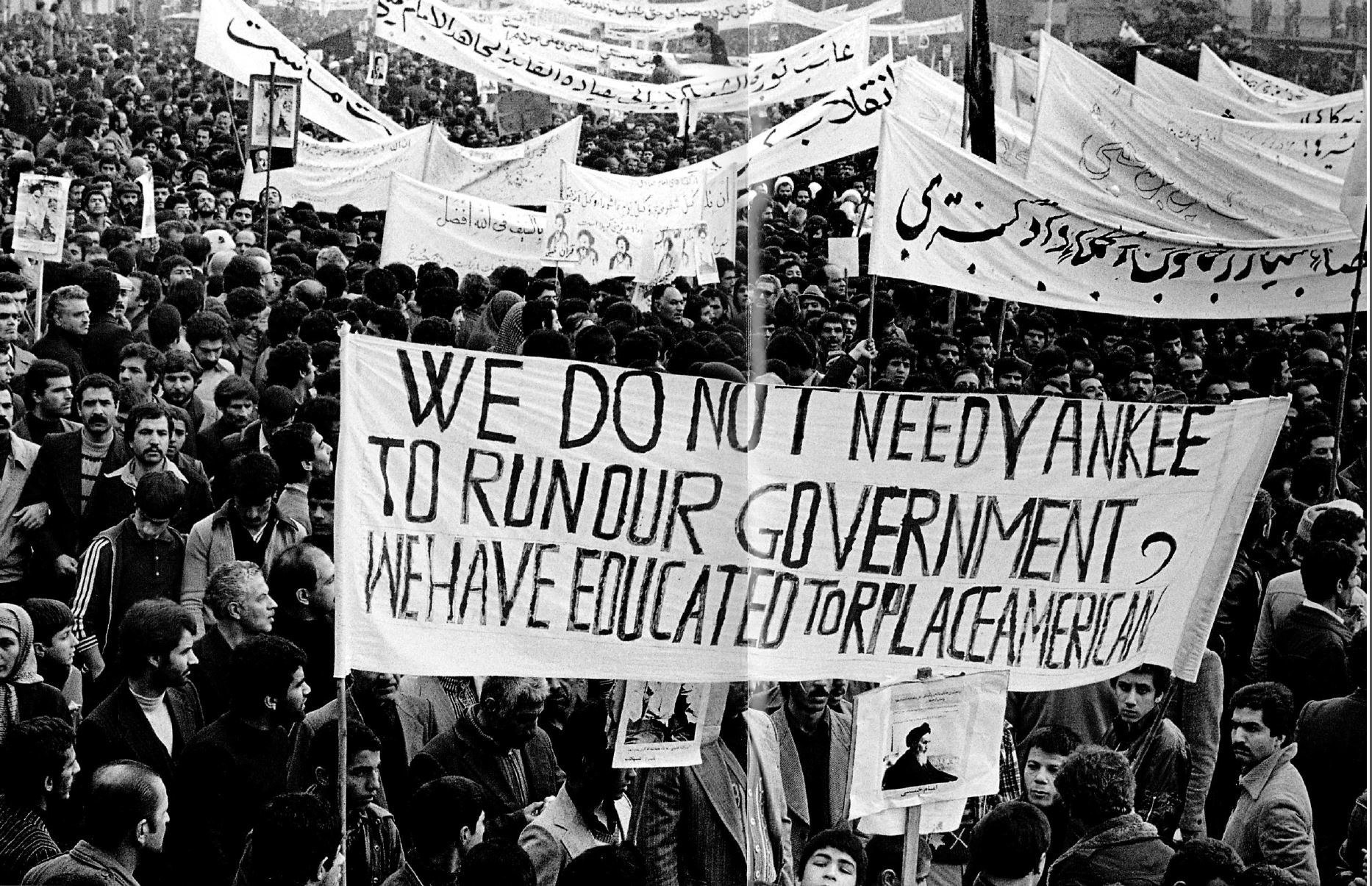
Nonviolent Movements for Social Change Considered More Moral and Supportable
Reformists in Iran were more willing to support and join a hypothetical Green Movement in the future if it were to use nonviolent rather than violent strategies.
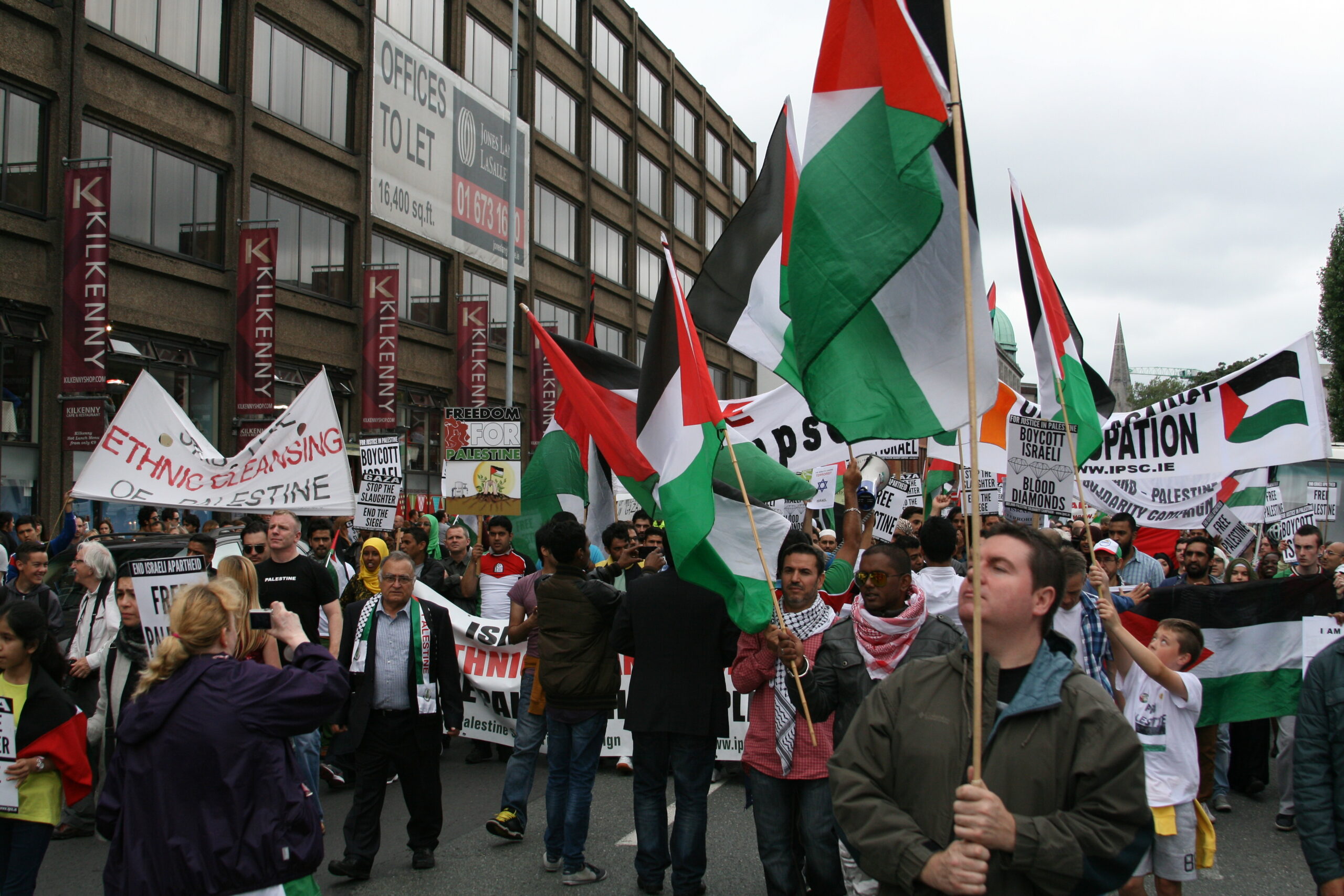
From Encountering the “Other Side” to Social Change Activism
Organizations that bring together people from multiple sides of a conflict can play an important role in motivating participants to become activists for social change.

When Countries Increase Their Military Budgets, They Decrease Public Health Spending
When military spending increases by 1%, spending on health decreases by 0.62%.
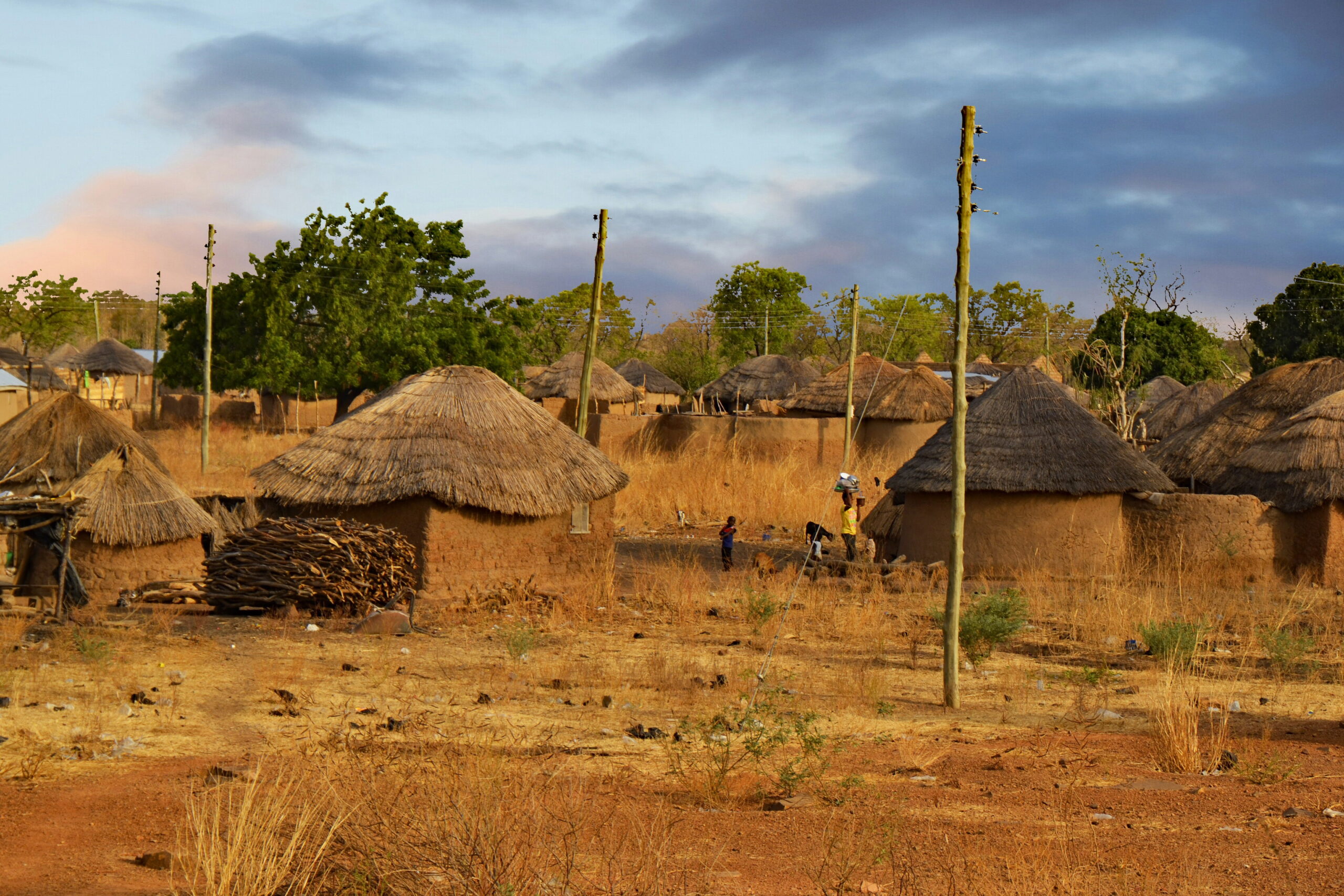
West African Zones of Peace and Local Peacebuilding Initiatives
In the context of civil war in Côte d’Ivoire and Sierra Leone, the line between “armed actors” and “communities” was porous, creating a situation where peacebuilders spanning these categories in some cases had special access to armed actors for the purposes of negotiation.
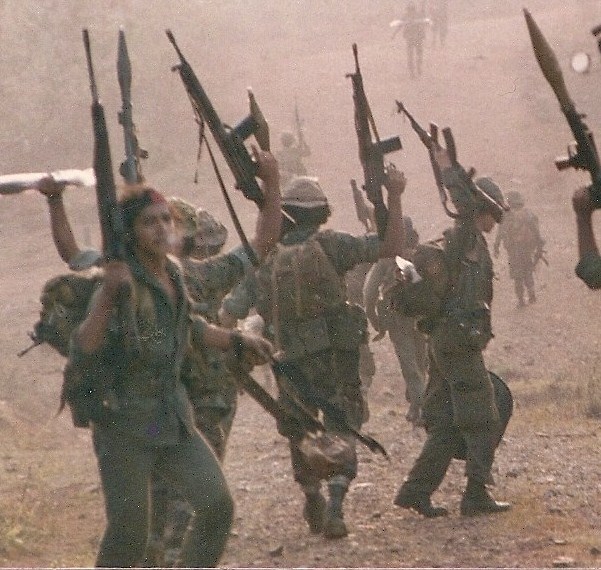
Consequences of Excluding Armed Actors from Peace Negotiations
The exclusion of some rebel groups from peace negotiations can perpetuate civil war, rather than hastening a resolution.
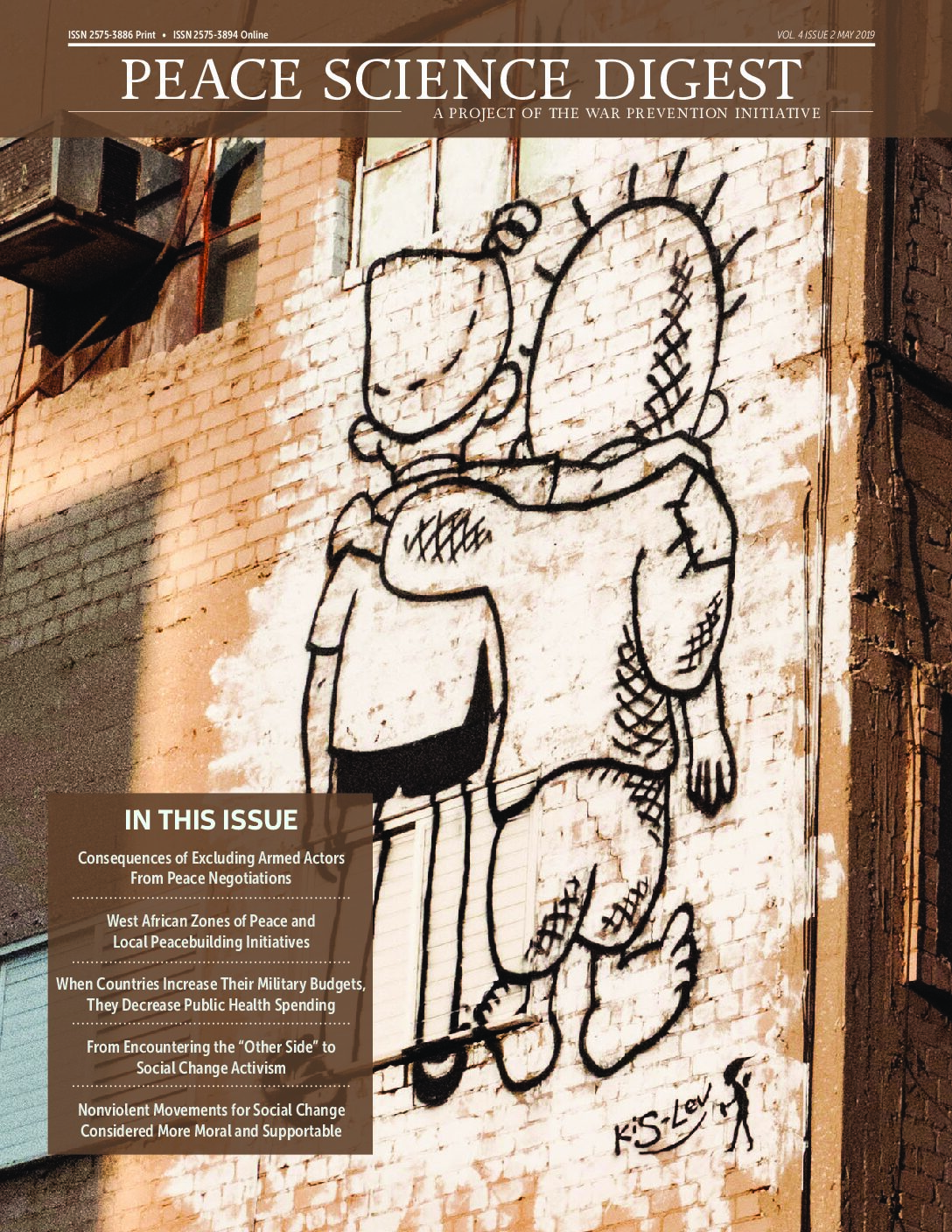
Volume 4, Issue 2
In this issue, some of the articles focus on intractable conflicts, like the Israeli-Palestinian conflict, or civil wars of the recent past, like Sierra Leone or Côte d’Ivoire. While conflict is persistent in these settings, there are examples of peacebuilding at the interpersonal and local levels. The choice between violence and nonviolence is highlighted in two other articles, though in quite different contexts. Research conducted in Iran finds that nonviolent resistance garners more support than violent resistance does even after the previous failure of a nonviolent movement. Other research reveals that the inclusion of armed groups in negotiations can move them away from the use of violence, while their exclusion makes a return to violence more likely. Additionally, national governments continue to play a powerful role in shaping outcomes for peace and security, from decisions about whether to participate in negotiations with armed groups to decisions about how much to allocate towards defense spending.

Why refusing to label Iran’s Revolutionary Guard as a terror organization keeps us out of war
A “Twitter-stamp” by Secretary of State Pompeo made it official. Iran’s Revolutionary Guard Corps (IRGC) is now designated as a foreign terrorist organization. “We must help the people of Iran get back their freedom” is a diplomatic tweet of an alternative reality. ISIS, Boko Haram, and Iran, all in one place.
